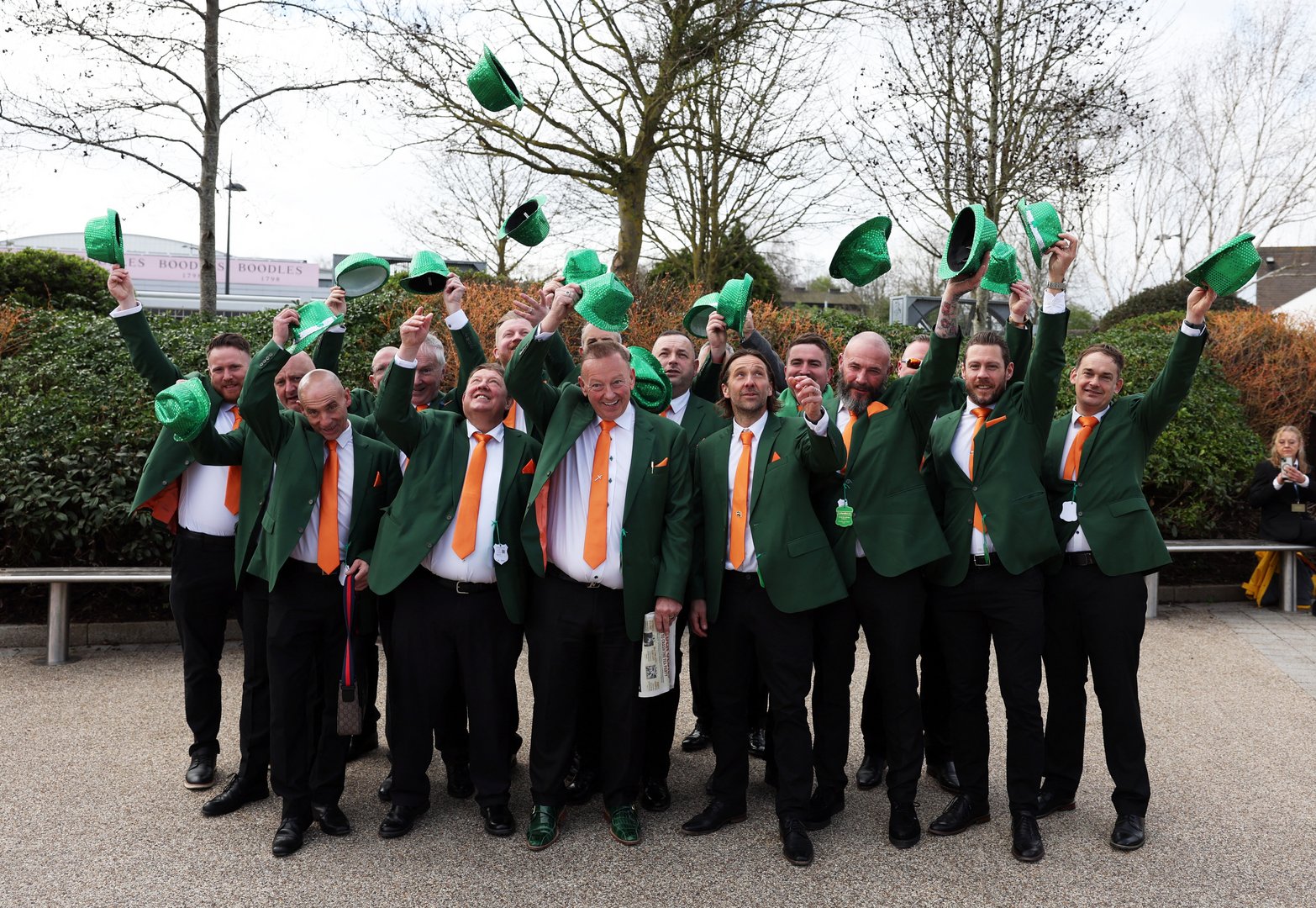By Mary Butler TD
We realise that, in Ireland, we are fortunate to have a National Day that almost everyone knows. St. Patrick’s Day is an opportunity to celebrate Ireland with the more than 70 million people globally who claim Irish ancestry and the many more who show their fondness for Ireland in any number of ways.
And yet even the notion of “celebrating” in our world today provokes doubt and hesitation for many people, and for good reason. We have witnessed more than two years of unprovoked Russian brutality in Ukraine. The appalling Hamas attack on Israel on 7 October last year was stark in its depravity. The killing of tens of thousands of innocent civilians in Gaza in the period since has also been viewed with horror around the world.
Ireland has a clear and principled position on these conflicts. We have demanded accountability internationally for Russia’s illegal invasion and we are one of the strongest supporters of Ukraine’s path to EU membership. We condemned outright Hamas’s terrorist attack of 7 October and we have called at every juncture for all hostages in Gaza to be released unconditionally. We have also strongly argued, since the early weeks of the conflict, for an upholding of international humanitarian law, a humanitarian ceasefire and for sustained humanitarian assistance to be provided for the over two million desperate civilians in Gaza. Protecting civilians in conflict – all civilians, everywhere – is our highest priority. I welcome the launch of Operation Amalthea and commend Cyprus for its efforts to provide a channel for the supply of critical humanitarian relief to the desperate population of Gaza.
Ireland’s own history includes experiences of famine, poverty and forced migration. Even the relative growth and prosperity we have enjoyed since joining the European Union in 1973 co-existed, at least until the 1990s, with conflict very close to home in Northern Ireland. These experiences have, to an obvious degree, shaped how we view the world around us today. And yet whatever resilience or empathy these experiences can engender within us – even that sense of eventually making our way through the most difficult of times – can be tested for all of us when we read or scroll news of our world in 2024.
And so, it should be no surprise that we look to young people. Young people have been to the fore in opening our eyes to the climate emergency and to the innovative solutions that can reduce our dependence on fossil fuels and deliver a clean energy future. Young people globally have demanded respect for international law and for multilateral institutions, and for key actors like the UN Security Council to speak and act coherently in support of a rules-based order, sustainable development and human rights. Indeed, it was these priorities that Ireland sought to emphasise in our own most recent term on the Council over 2021-22.
We remain more convinced than ever following our contribution on the Council that the UN remains the indispensable actor in addressing international conflicts, including in the continued search for a resolution in Cyprus. We know that from our national experience that the search for a sustainable end to conflict is a generational responsibility and that the implementation of peace agreements is also a long-term project.
We stand in solidarity with all Cypriots in the renewed efforts to reach agreement for a shared, sustainable solution in Cyprus. The prospect for renewed UN-led negotiations is also a gateway to a better future where the politics of identity and security are replaced by a new politics of opportunity, inclusion and development. The next generation of Irish and Cypriot young people want and deserve a future of new possibilities, not an unresolved legacy of conflict and division.
Young people are at the heart of what makes Ireland a great place to invest, trade, visit and study too. Ireland is a country where enterprise is valued, and young entrepreneurs are supported to bring their products and ideas to international markets. And many of those ideas have blossomed in a world-class Irish university system that attracts thousands of students from around the world because of the safe, welcoming, and culturally rich environment on offer in Ireland for young people.
Ireland, like every country, faces plenty of domestic and international challenges on an ongoing basis. But we also recognise how fortunate we are to feature in the top ten countries in the UN’s Human Development Index in recent years and the obligation this places on us as global citizens to be a voice for progress, for peace, for human dignity and for equality for all.
There is an old Irish saying: “Ar scáth a chéile a mhaireannn na Daoine” – “We live in each other’s shadow”. This will remain true for our young people in the world of the years to come. Protecting and supporting each other, and building enduring partnerships, has never been more vital. It is our focus too this St. Patrick’s Day.
Mary Butler TD is the Irish Minister of State at the Department of Health with special responsibility for Mental Health and Older People






Click here to change your cookie preferences